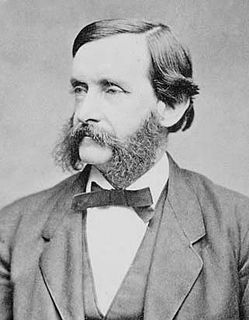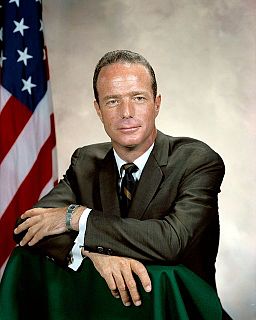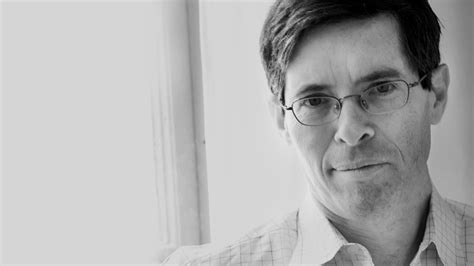A Quote by Thomas Wentworth Higginson
To be really cosmopolitan a man must be at home even in his own country.
Related Quotes
A man must generally get away some hundreds or thousands of miles from home before he can be said to begin his travels. Why not begin his travels at home? Would he have to go far or look very closely to discover novelties? The traveler who, in this sense, pursues his travels at home, has the advantage at any rate of a long residence in the country to make his observations correct and profitable. Now the American goes to England, while the Englishman comes to America, in order to describe the country.
This planet is not terra firma. It is a delicate flower and it must be cared for. It's lonely. It's small. It's isolated, and there is no resupply. And we are mistreating it. Clearly, the highest loyalty we should have is not to our own country or our own religion or our hometown or even to ourselves. It should be to, number two, the family of man, and number one, the planet at large. This is our home, and this is all we've got.
Buffett was a billionaire who drove his own car, did his own taxes, and still lived in a home he had bought in 1958 for $31,500. He seemed to answer to a deeply rooted, distinctly American mythology, in which decency and common sense triumphed over cosmopolitan guile, and in which an idealized past held firm against a rootless and too hurriedly changing present.
In whatever area in life one may meet the challenges of courage, whatever may be the sacrifices he faces if he follows his conscience - the loss of his friends, his fortune, his contentment, even the esteem of his fellow men - each man must decide for himself the course he will follow. The stories of past courage can define that ingredient - they can teach, they can offer hope, they can provide inspiration. But they cannot supply courage itself. For this each man must look into his own soul.
Man—every man—is an end in himself, not a means to the ends of others; he must live for his own sake, neither sacrificing himself to others nor sacrificing others to himself; he must work for his rational self-interest, with the achievement of his own happiness as the highest moral purpose of his life.
Patriotism, or the peculiar relation of an individual to his country, is like the family instinct. In the child it is a blind devotion; in the man in intelligent love. The patriot perceives the claim made upon his country by the circumstances and time of her growth and power, and how God is to be served by using those opportunities of helping mankind. Therefore his country's honor is dear to him as his own, and he would as soon lie and steal himself as assist or excuse his country in a crime.





































